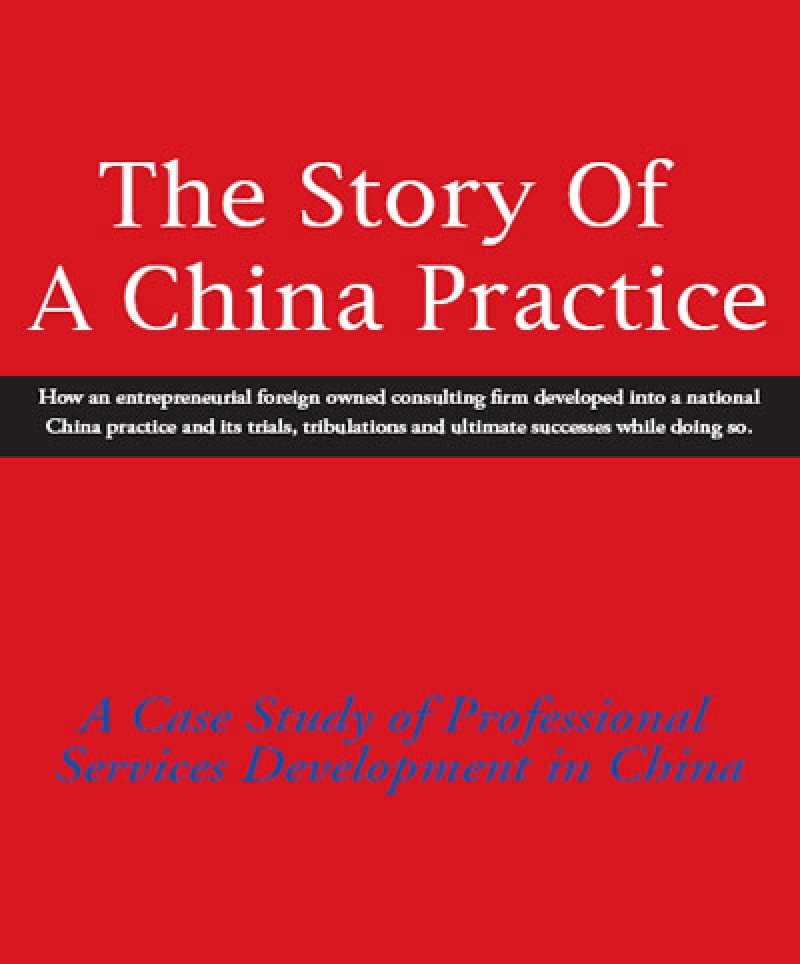China Coronavirus: Logistics and Supply Issues, Impact on Cash Flow, and China Staff Motivation
Op/Ed by Chris Devonshire-Ellis
A consecutive jump of 29 percent and 25 percent more confirmed cases, respectively, of the novel coronavirus (2019-nCoV) over the last two days show how the non-symptomatic incubation period is beginning to manifest itself. People are feeling well but are actually infectious during this period, which can apparently last from between 7-14 days. This is why quarantine periods are being introduced worldwide.
Basic mathematical modelling indicates that the infection rate will almost certainly increase, with a 29 percent increase in cases to reach 7,711 yesterday, and a further 25 percent increase overnight to reach 9,096 cases today. This, when carried forward, shows an initial increase into the tens of thousands in China during February. With an estimated mortality rate of 2 percent, the numbers will be a shock, but appear at present to be affecting the elderly and sick. Healthy patients appear to be recovering, which is good news.
This means that most Chinese emphasis will currently be on prevention, helping patients recover, and aftercare. It remains odd that thus far, international governments have not appeared to be offering any assistance to China in terms of medical supplies, other than shipments organized by the UN.
The decline in infection rate may not occur until mid-February, meaning businesses operating in China need to react fast and ensure staff work from home with immediate effect. There are implications to this type of arrangement. We discussed the technical aspect of putting in place a work-sharing platform into your business in the article How to Operate Your Business in China Remotely.
There may also be additional financial considerations as concerns staff HR. We discussed the treatment of staff operating remotely, and/or unable to return to work, in the article Managing Your China HR during the Coronavirus Outbreak. Note it may be necessary to pay staff additional leave and entitlements, including overtime, if they are to work from home.
Meanwhile, ongoing updates as concerns the situation in China are being monitored in the article Managing Your China Business during the Coronavirus Outbreak: Ongoing Updates and Advisory, which covers all relevant ongoing news and regulatory updates as concerns the situation. We will continue to update this and provide advice.
Elsewhere in China, the situation, at least at present, appears to be causing stresses to the internal China supply chain. We hear reports from across the country of price hikes (which are illegal) and shortages of some items. Hong Kong residents have complained about a shortage of face masks, while towns throughout China appear to be finding other essential supplies difficult to obtain. Stocks are running low. This suggests that the government will soon start to release stockpiles, probably with assistance from the Chinese military as providers of distribution assistance. It is entirely possible the People’s Liberation Army (PLA) will be utilized to get supplies into cities, towns, and villages across China. Typically such maneuvers happen overnight. This should be no cause for alarm.
International governments should be offering assistance to China with supplies of food and other basics, and given yesterday’s WHO announcement of a global emergency, this can be expected.
For foreign investors, Q1 2020 requires an understanding of the basic reorganizing of your business practices in China, which are mainly related to working from home, minimizing travel, and for those in China, economizing on supplies. Business plans need to be adjusted downwards, as sales decrease and costs increase, at least for the next three months and very probably into Q2 as well. Our own firm is looking at re-modelling our business plans to discount any new client investments in China for the next 6 months. Other areas of Asia, and we have concerns about the situation in Thailand and Vietnam, may also find themselves confronting similar decisions. It is important your business prepares for a cash flow hit in the dip of new business income in the first quarter of 2020.
Foreign investors in China also need to work hard to motivate and ensure their Chinese staff feel part of the family and protected. Personnel need be be occupied as much as possible during this time to keep them motivated and their minds off the problems.
Our business and staff operated during the SARS epidemic, and as a firm, it made us much more aware of the corporate measures needed to give our business infrastructure as much support as possible. That extends to ensuring your Chinese staff are cared for, and made to feel useful, wanted, and needed. It is not a time to abandon them.
It is easy to make money and run a business in China when the times are easy. Difficult times in China require a determination, concentration, and managerial skills to be at the fore in order to overcome problems as they run their course. This situation is no exception and we encourage foreign managers involved in and with China to be especially diligent and be seen to be providing support to their colleagues and employees as much as possible. That means motivation and emotional support, and not overplaying the negativity aspect. Chinese staff are under a lot of stress at this time, and this will continue for several weeks.
The human resources aspect of business in China needs the accent on being human towards staff in China now, more than ever at this time. Please reach out to your China staff and help keep them feel wanted, onside with your business, safe, motivated, and protected. The best way to do this is to speak regularly with them, hold Skype and other calls, be prompt with salaries, and keep them busy with work to do. Above all, be positive. There will be difficult days ahead; however, China has acted promptly to contain the spread of the virus, and the situation will pass in late spring. In the meantime, foreign businesses in China face a battle – now is the time for foreign investors and managers to step up to the plate, and support your business and your Chinese staff.
Related Reading
- 15 Years in China – Working through SARS
 The Story of a China Practice
The Story of a China Practice
The Story Of A China Practice was written by Chris Devonshire-Ellis, the Founding Partner of Dezan Shira & Associates in 2007 to celebrate the firms fifteenth year of operations in China. The book details the early years of doing business in China, and then trials and tribulations that went with establishing one of the first independent consulting firms in China.
About Us
China Briefing is written and produced by Dezan Shira & Associates. The practice assists foreign investors into China and has done since 1992 through offices in Beijing, Tianjin, Dalian, Qingdao, Shanghai, Hangzhou, Ningbo, Suzhou, Guangzhou, Dongguan, Zhongshan, Shenzhen, and Hong Kong. Please contact the firm for assistance in China at china@dezshira.com.
We also maintain offices assisting foreign investors in Vietnam, Indonesia, Singapore, The Philippines, Malaysia, and Thailand in addition to our practices in India and Russia and our trade research facilities along the Belt & Road Initiative.
- Previous Article Managing HR in China during the Coronavirus Outbreak
- Next Article HR Compliance in China during the Coronavirus Outbreak: FAQs






